What Does it Cost to Care For a Horse?
Updated on 04/26/24
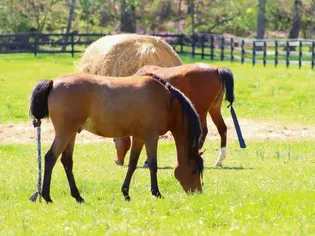
Unlocking the Enchanting World of Horse Ownership: A Comprehensive Guide to the Costs of Equine Care
Embarking on the journey of horse ownership can be an exhilarating experience, but it's crucial to meticulously consider the associated costs to ensure a fulfilling and financially sustainable relationship with your equine companion. This comprehensive guide will delve into the intricacies of horse care expenses, empowering you to make informed decisions and embark on this adventure with confidence.
Unveiling the Variable Spectrum of Horse Care Costs
The expenses associated with horse ownership encompass a wide spectrum, influenced by factors such as the horse's age, breed, health status, and the owner's lifestyle and location. To provide clarity, we will categorize these costs into several primary areas:
1. Acquisition Costs: Embarking on Your Equestrian Adventure
a) Purchase Price: The heart of the initial investment, ranging from a few thousand dollars for a horse suited for recreational riding to hundreds of thousands for an elite competition horse.
b) Transportation: Safely bringing your new equine partner home incurs transportation costs, which vary depending on distance and the mode of transport chosen.
2. Recurring Maintenance Expenses: Ensuring Your Horse's Well-being
a) Feed and Nutrition: A horse's daily sustenance is paramount, with costs influenced by the horse's size, activity level, and dietary needs. Expect to invest in hay, grain, supplements, and occasional treats.
b) Veterinary Care: Essential for maintaining your horse's health, including routine vaccinations, deworming, dental care, and unforeseen medical emergencies. Annual veterinary expenses can range widely, influenced by the horse's age and health status.
c) Farrier Services: Regular hoof care is non-negotiable for equine well-being. Farrier visits typically occur every 6-8 weeks, with costs varying based on the farrier's expertise and the horse's individual needs.
d) Boarding and Stabling: If you lack the facilities to house your horse on your property, boarding at a stable is necessary. Costs vary depending on the amenities offered, location, and level of care provided.
3. Lifestyle and Activity-Related Expenses: Exploring the Equestrian Realm
a) Training and Lessons: Unleash your horse's potential and refine your riding skills through professional training and lessons. Costs vary based on the trainer's experience, lesson type, and frequency.
b) Tack and Equipment: Equipping yourself and your horse for riding adventures requires an investment in tack, including saddles, bridles, and other essential gear. Costs vary depending on the quality and type of equipment chosen.
c) Competition Fees: If you aspire to participate in equestrian competitions, be prepared for entry fees, travel expenses, and potential prize money. Costs vary significantly depending on the level and type of competition.
4. Unexpected Expenses: Navigating the Unforeseen
a) Emergencies: Veterinary emergencies are an unfortunate reality of horse ownership, requiring immediate attention and potentially substantial expenses.
b) Insurance: Mitigating the financial burden of unexpected medical expenses or liability is wise. Horse insurance policies vary in coverage and cost.
Factors Influencing the Cost Spectrum
The total cost of horse care is a dynamic equation influenced by numerous factors, including:
- Horse's Age: Younger horses generally require more veterinary care and training, while older horses may have higher maintenance costs.
- Breed: Different breeds have varying healthcare needs and temperaments, which can impact overall expenses.
- Health Status: Horses with chronic health conditions may incur higher veterinary and medication expenses.
- Location: The cost of boarding, feed, and veterinary care can vary significantly depending on geographic location.
- Lifestyle and Activities: The intensity and frequency of riding, training, and competitions directly influence the associated expenses.
Empowering You with Cost-Saving Strategies
While horse ownership is undeniably an investment, there are ways to minimize expenses without compromising your horse's well-being:
- DIY Care: If feasible, performing basic tasks like grooming, feeding, and cleaning stalls yourself can save on labor costs.
- Group Purchases: Joining forces with other horse owners for bulk purchases of feed, supplements, and bedding can yield significant savings.
- Insurance Coverage: Comprehensive insurance can provide peace of mind and financial protection against unexpected expenses.
- Regular Maintenance: Proactive care, such as routine vaccinations and dental check-ups, can prevent costly health issues down the road.
Unveiling the Intangible Rewards of Horse Ownership
Beyond the financial considerations, horse ownership offers immeasurable intangible rewards:
- Unconditional Companionship: Horses are incredibly social creatures, forming deep bonds with their human companions.
- Physical and Mental Benefits: Riding and caring for a horse promotes physical activity, improves coordination, and reduces stress levels.
- Personal Growth: The challenges and triumphs of horse ownership foster resilience, empathy, and self-confidence.
Embracing a Fulfilling Equestrian Journey
Horse ownership is an adventure that can enrich your life in countless ways. By carefully considering the costs involved and implementing cost-saving strategies, you can embark on this journey with confidence, ensuring a harmonious and rewarding relationship with your equine companion. Remember, the true value of horse ownership lies not only in the financial investment but in the profound bond and experiences you share with your beloved horse.
Explore More Pets
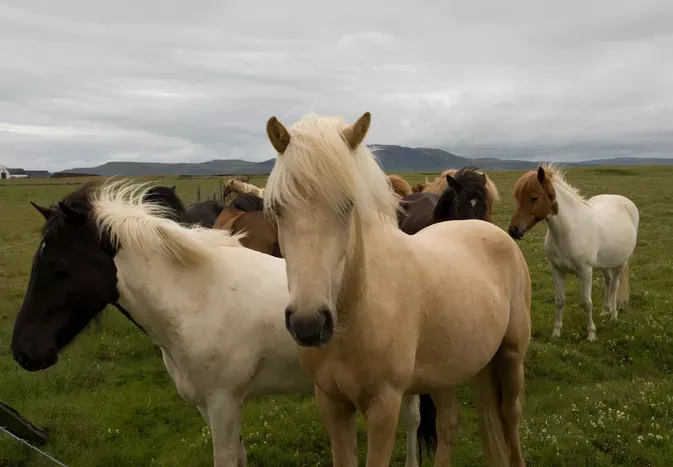
Pony Breeds
The Difference Between Horses and Ponies
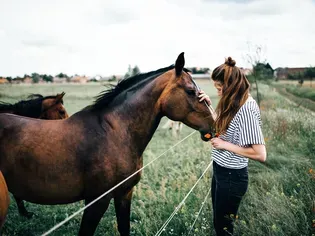
Horse Diseases & Conditions
What Do I Do If My Horse Colics?
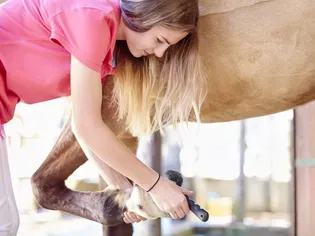
Pony Breeds
Horse and Pony Care by the Day, Week, Month and Year
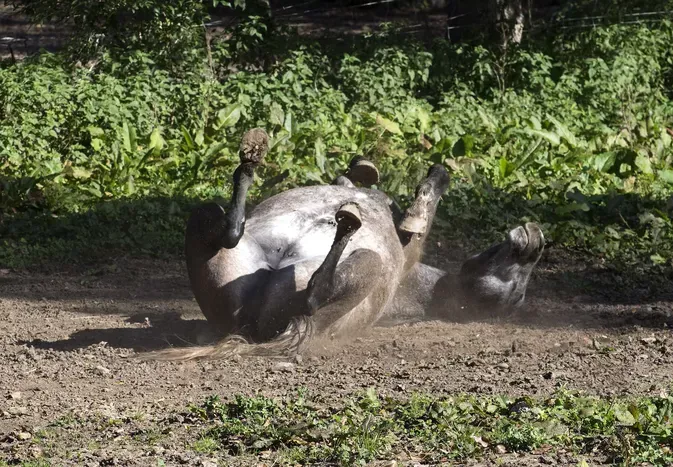
Horse Grooming
Mange in Horses
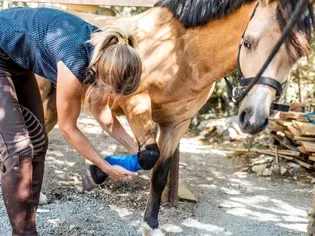
Horse Diseases & Conditions
Grease Heel in Horses
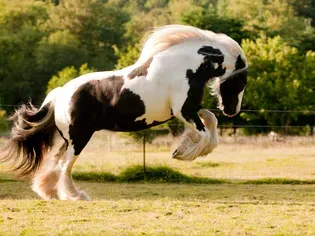
Light Horse Breeds
Gypsy Vanner Horse Breed Profile
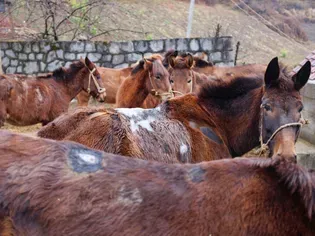
Horse Diseases & Conditions
Girth Galls and Saddle Sores
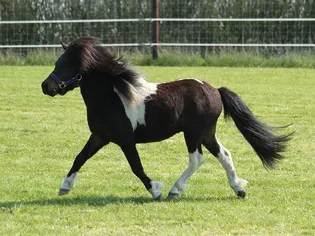
Pony Breeds
Shetland Pony Breed Profile